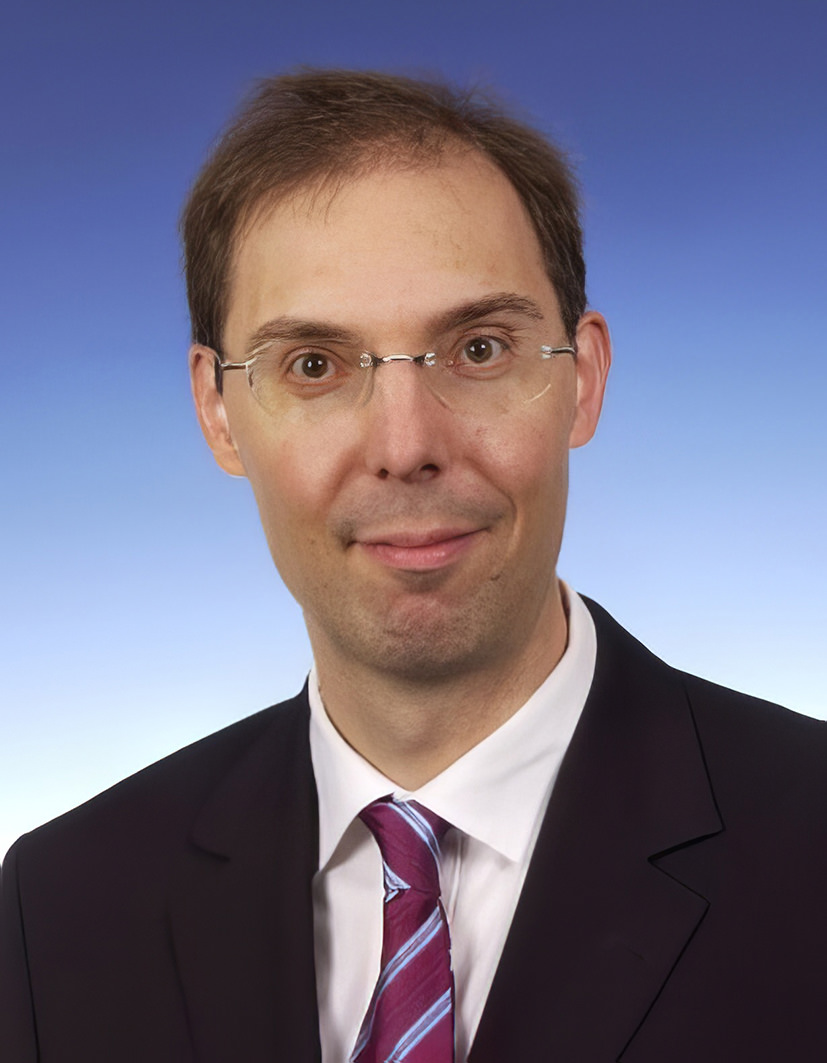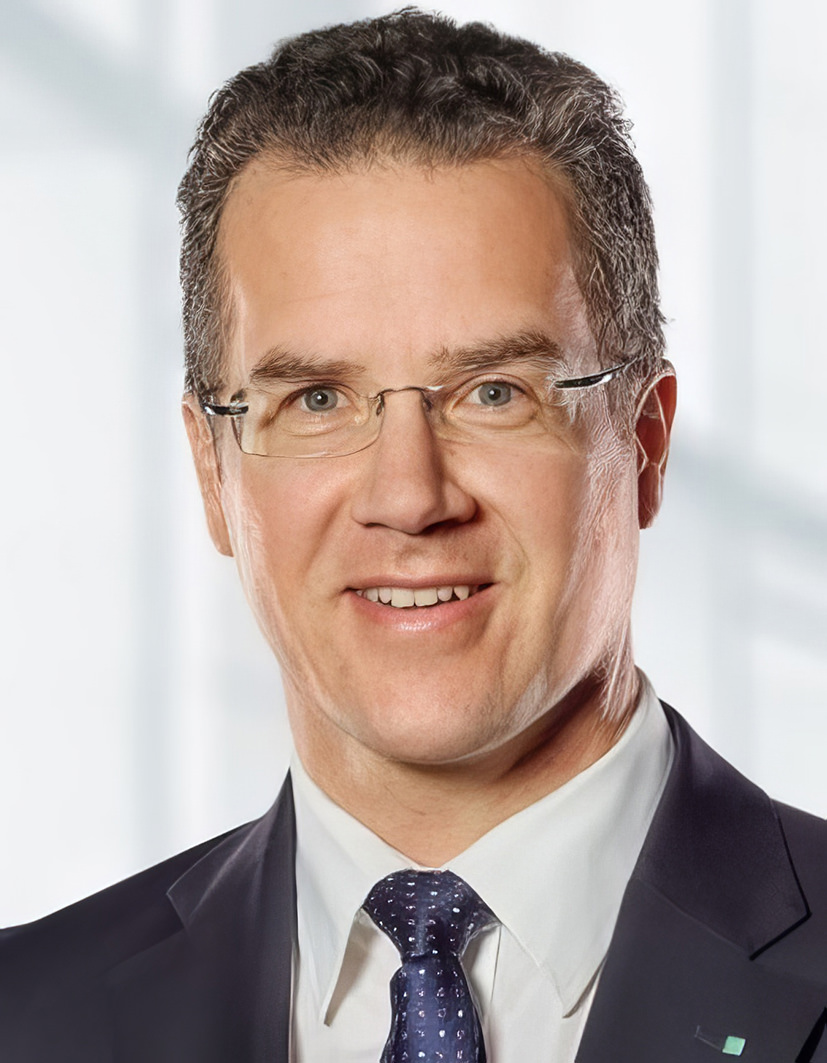IRS 2024 Focus Session
“Recent Progress in Automotive Radar”
The Importance of automotive radar increased in the recent decades massively. This market became really a high volume market segment, due to the introduction of driver assistance systems as well as automated driving functions. Furthermore some of these functions became mandatory equipment for novel vehicles by law. New processing algorithms and new hardware concepts make this field still a very attractive research subject.
We solicite papers covering topics such as signal processing, Automotive Radar testing, Interference Mitigation, calibration, autonomous driving, vital sign detection, cognitive radar, integration with autonomous vehicles as well as contributions that explore future trends and challenges.
This session aims to be an insightful exploration into the cutting-edge advancements and innovations in automotive radar technology, bringing together experts, researchers, and industry leaders from around the world.
Session chairs

Dr. Marc-Michael Meinecke, Volkswagen AG, Germany
Marc-Michael Meinecke studied electrical engineering at Technical University Braunschweig and received his Diploma degree in 1997. In his PhD thesis he focused on automotive radar waveform design at Prof. Hermann Rohling’s Institute of Telecommunications (Technical University of Hamburg-Harburg). Since 2001 he is with Volkswagen Group Research in Wolfsburg. His research interests are in the domain of innovative radar technology as well as automated driving for cars and commercial vehicles.

Dr. Andreas Danklmayer, Fraunhofer FHR, Germany
Andreas Danklmayer received a Dr.-Ing. degree in Electrical Engineering from the Chemnitz University of Technology, Germany in 2008. From 2003 – 2011 he was with the Microwaves and Radar Institute Oberpfaffenhofen, of DLR e.V., the German Aerospace Center, where he was involved in projects related to microwave remote sensing and atmospheric effects on airborne and spaceborne SAR and especially on TerraSAR-X. In 2011 he joined the Fraunhofer Institute for High Frequency Physics and Radar Techniques
